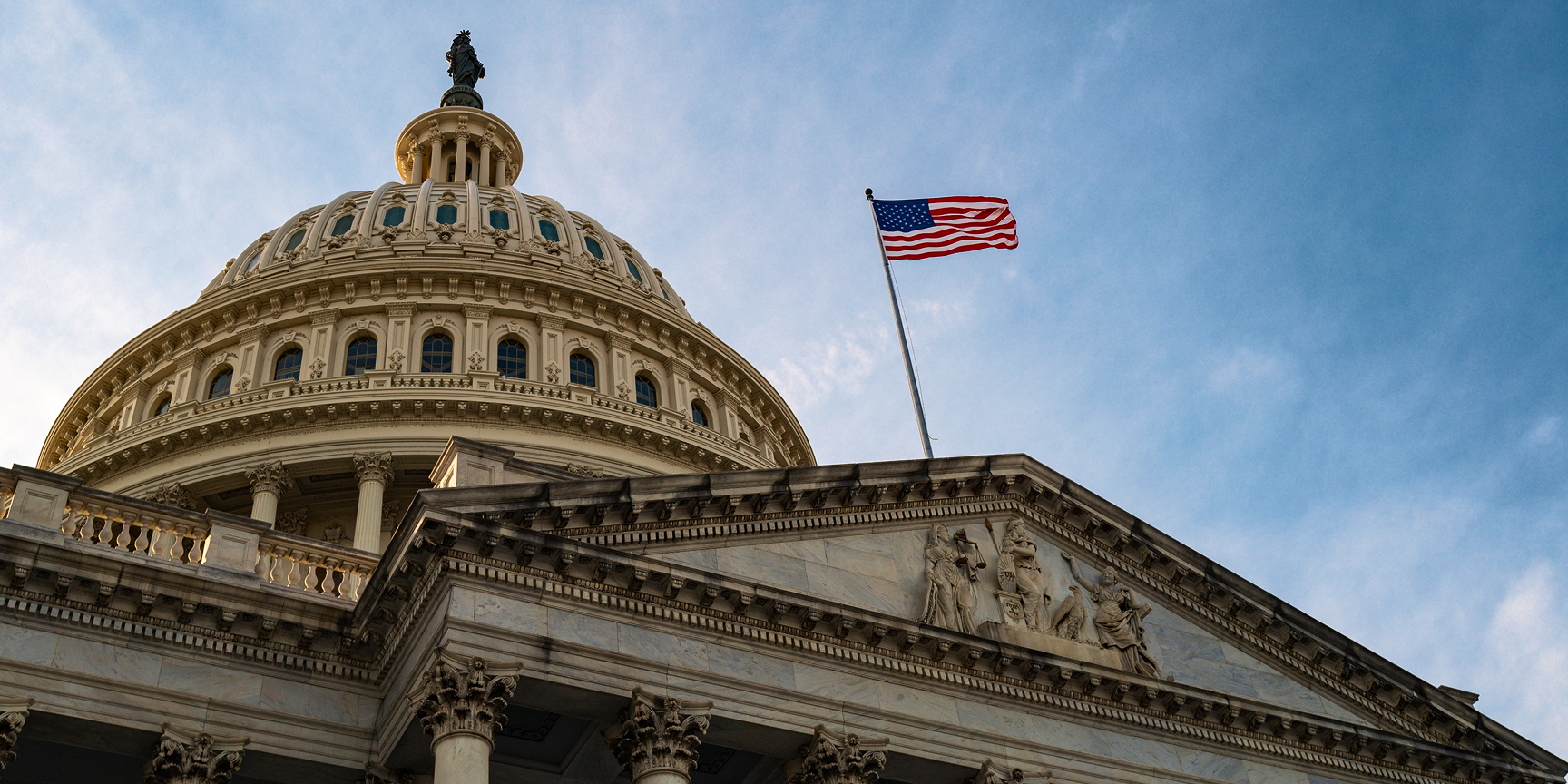Ideas, Trends & Strategies to Keep You Ahead
This guide provides a deep dive into the world of banner ads, offering actionable insights to help you stay ahead in the competitive digital landscape.

Ideas, Trends & Strategies to Keep You Ahead
Lorem ipsum dolor sit amet, consectetur adipiscing elit. Etiam eu turpis molestie, dictum est a, mattis tellus. Sed dignissim, metus nec fringilla accumsan, risus sem sollicitudin lacus, ut interdum tellus elit sed risus. Maecenas eget condimentum velit, sit amet.
Main Heading
Sed dignissim, metus nec fringilla accumsan, risus sem sollicitudin lacus, ut interdum tellus elit sed risus. Maecenas eget condimentum velit, sit amet feugiat lectus. Class aptent taciti sociosqu ad litora torquent per conubia nostra, per inceptos himenaeos. Praesent auctor purus luctus enim egestas, ac scelerisque ante pulvinar. Donec ut rhoncus ex. Suspendisse ac rhoncus nisl, eu tempor urna. Curabitur vel bibendum lorem. Morbi convallis convallis diam sit amet lacinia. Aliquam in elementum tellus.

Lorem ipsum dolor sit amet, consectetur adipiscing elit. Etiam eu turpis molestie, dictum est a, mattis tellus. Sed dignissim, metus nec fringilla accumsan, risus sem sollicitudin lacus, ut interdum tellus elit sed risus. Maecenas eget condimentum velit, sit amet feugiat lectus. Class aptent taciti sociosqu ad litora torquent per conubia nostra, per inceptos himenaeos. Praesent auctor purus luctus enim egestas, ac scelerisque ante pulvinar. Donec ut rhoncus ex. Suspendisse ac rhoncus nisl, eu tempor urna. Curabitur vel bibendum lorem. Morbi convallis convallis diam sit amet lacinia. Aliquam in elementum tellus.
Subheading Heading
Maecenas eget condimentum velit, sit amet feugiat lectus. Class aptent taciti sociosqu ad litora torquent per conubia nostra, per inceptos himenaeos. Praesent auctor purus luctus enim egestas, ac scelerisque ante pulvinar. Donec ut rhoncus ex. Suspendisse ac rhoncus nisl, eu tempor urna. Curabitur vel bibendum lorem. Morbi convallis convallis diam sit amet lacinia. Aliquam in elementum tellus.
Lorem ipsum dolor sit amet, consectetur adipiscing elit. Etiam eu turpis molestie, dictum est a, mattis tellus. Sed dignissim, metus nec fringilla accumsan, risus sem sollicitudin lacus, ut interdum tellus elit sed risus. Maecenas eget condimentum velit, sit amet feugiat lectus. Class aptent taciti sociosqu ad litora torquent per conubia nostra, per inceptos himenaeos. Praesent auctor purus luctus enim egestas, ac scelerisque ante pulvinar. Donec ut rhoncus ex. Suspendisse ac rhoncus nisl, eu tempor urna. Curabitur vel bibendum lorem. Morbi convallis convallis diam sit amet lacinia. Aliquam in elementum tellus.
“Lorem ipsum dolor sit amet, consectetur adipiscing elit. Etiam eu turpis molestie, dictum est a, mattis tellus. Sed dignissim, metus nec fringilla accumsan, risus sem sollicitudin lacus, ut interdum tellus elit.”
Subheading Heading
Lorem ipsum dolor sit amet, consectetur adipiscing elit. Etiam eu turpis molestie, dictum est a, mattis tellus. Sed dignissim, metus nec fringilla accumsan, risus sem sollicitudin lacus, ut interdum tellus elit sed risus. Maecenas eget condimentum velit, sit amet feugiat lectus. Class aptent taciti sociosqu ad litora torquent per conubia nostra, per inceptos himenaeos. Praesent auctor purus luctus enim egestas, ac scelerisque ante pulvinar. Donec ut rhoncus ex. Suspendisse ac rhoncus nisl, eu tempor urna. Curabitur vel bibendum lorem. Morbi convallis convallis diam sit amet lacinia. Aliquam in elementum tellus.
Curated media news
Our industry moves fast. We’ll keep you posted on the programmatic shifts that actually matter. Product updates, market trends, and zero fluff.







